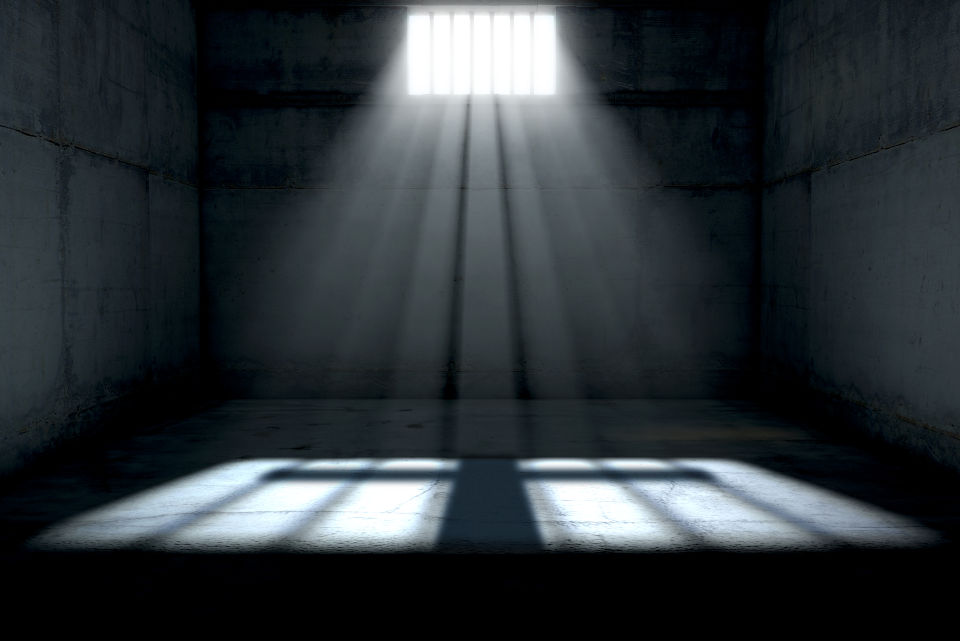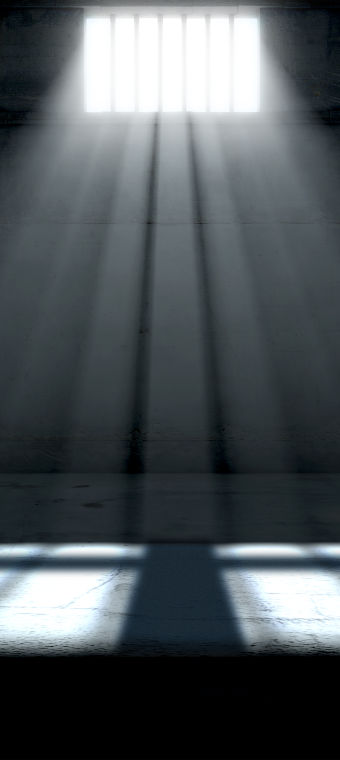The Jesuit Centre for Faith and Justice works to combat injustice and marginalisation in Irish society, through social analysis, education and advocacy. The Centre highlights complex social issues, informs opinion and advocates for governmental policy change to create a fair and equitable society for all.
![]()
Economic Justice
Economic justice is perhaps the fulcrum around which all social justice debates in contemporary society rotate. In our political discourse, every question of human flourishing seems to be reduced to bottom-line thinking. This focus on riches impoverishes our shared discourse and has serious negative consequences for society, as evidenced in the rise of populist political movements which source their discontent in the economic stagnation that affects many sectors of society.
learn more![]()
Environmental Justice
Environmental protection has emerged as a key element of social justice debates in recent decades. This has occurred in parallel to growing awareness of the negative impacts of our relationship with the natural environment, and of environmental degradation on vulnerable populations and future generations. Science has described the intricate web of relationships in which people play an active part. In the face of increasing environmental crises, the fundamental web of creation in which humanity finds itself requires a new respect, a new justice.
learn more![]()
Housing Crisis
The right to a safe and secure place to live is one of the most basic human rights, it is fundamental to enable people to live a dignified life. Without the security provided by having somewhere to live, physical and mental health is at risk. Accessing and maintaining employment is also extremely difficult when someone has nowhere to live. The Jesuit Centre for Faith and Justice has written a comprehensive policy paper, The Irish Housing System: Vision, Values, Reality, which provides the evidence and background to our work.
learn more![]()
Penal Policy
The majority of people in prison have difficulties with literacy and learning due to being early school-leavers, and have a history of unemployment. Many endure mental illness and are dependent drugs or alcohol. A substantial number have been homeless at some stage in their lives. So prisons function as warehouses filled with people on the periphery of and rejected by society. When viewed through this lens, it becomes apparent that people in prison are among the most marginalised and vulnerable in the country.
learn more![]()
Theological Reflection
The work of the JCFJ – whether dealing with housing, the economy, the environment, or criminal justice – is always informed by our Christian commitment. The unique aspect to our work is the extent to which we develop our positions in dialogue with Catholic Social teaching and Ignatian practices.
learn moreSign up for Working Notes
Working Notes is a journal published by the Jesuit Centre for Faith and Justice. The journal focuses on social, economic and theological analysis of Irish society. It has been produced since 1987.











